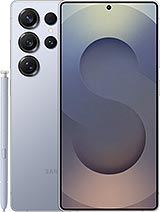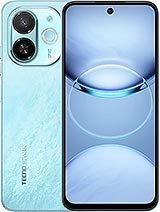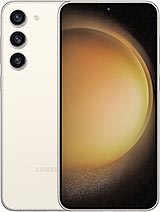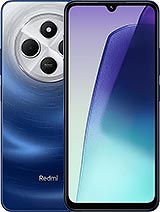Redmi 14C alternatives
Tap above to see alternatives.
Samsung Galaxy S25 Ultra alternatives
Tap above to see alternatives.
Samsung Galaxy S25 Ultra

Samsung Galaxy S25 Ultra
-
Snapdragon 8 Elite
3 nm
-
5000 mAh
45W
-
6.9"
1440 x 3120 pixels
-
200 MP
8K@24/30fps
2x2.2 GHz Cortex-A78
6x1.95 GHz Cortex-A55
2x4.47 GHz Oryon V2 Phoenix L
6x3.53 GHz Oryon V2 Phoenix M
4GB 128GB (UFS 2.2)
6GB 128GB (UFS 2.2)
12GB 512GB (UFS 4.0)
12GB 1024GB (UFS 4.0)
f/1.8, 27mm (wide), PDAF
Auxiliary lens
2MP
f/1.7, 24mm (wide), 1/1.3", 0.6µm, multi-directional PDAF, OIS
10 MP
f/2.4, 67mm (telephoto), 1/3.52", 1.12µm, PDAF, OIS, 3x optical zoom
50 MP
f/3.4, 111mm (periscope telephoto), 1/2.52", 0.7µm, PDAF, OIS, 5x optical zoom
50 MP
f/1.9, 120˚ (ultrawide), 0.7µm, dual pixel PDAF, Super Steady video
4K@30/60/120fps
1080p@30/60/240fps
f/2.0
f/2.2, 26mm (wide), 1/3.2", 1.12µm, dual pixel PDAF
1080p@30fps
SIM1: Nano, SIM2: Nano
SIM1: Nano, SIM2: eSIM
FDD: N1, N3, N5, N8, N28
TDD: N40, N78
FDD: N1, N2, N3, N5, N7, N8, N12, N20, N25, N26, N28, N66
TDD: N38, N40, N41, N77, N78
FDD: N1, N3, N5, N8, N28
TDD: N40, N78
FDD: N1, N2, N3, N5, N7, N8, N12, N20, N25, N26, N28, N66
TDD: N38, N40, N41, N77, N78
In this comparison, the Samsung Galaxy S25 Ultra with the Qualcomm Snapdragon 8 Elite (3nm) performs better than the Redmi 14C with the Qualcomm Snapdragon 4 Gen 2 (4nm), thanks to its more efficient chipset.
The Samsung Galaxy S25 Ultra offers 7 years of OS updates, while the Redmi 14C provides 2 years. When it comes to security updates, Samsung Galaxy S25 Ultra leads with 7 years of support.
Samsung Galaxy S25 Ultra has a superior AMOLED display, while Redmi 14C uses an LCD panel. They have the same 120 Hz refresh rate. Samsung Galaxy S25 Ultra also has a brighter display with 2600 nits, improving outdoor visibility. Notably, Samsung Galaxy S25 Ultra has a higher resolution display, resulting in sharper visuals.
Redmi 14C has a larger 5160 mAh battery for longer usage. Samsung Galaxy S25 Ultra supports faster wired charging at 45W. Samsung Galaxy S25 Ultra supports wireless charging at 15W, while Redmi 14C lacks this feature.
Samsung Galaxy S25 Ultra offers better water and dust resistance with an IP68 rating.











